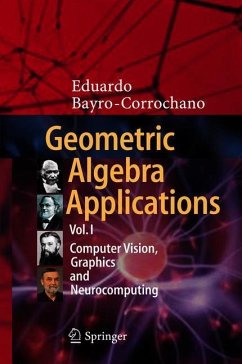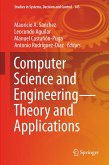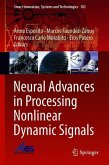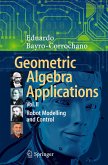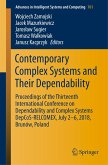The goal of the Volume I Geometric Algebra for Computer Vision, Graphics and Neural Computing is to present a unified mathematical treatment of diverse problems in the general domain of artificial intelligence and associated fields using Clifford, or geometric, algebra.
Geometric algebra provides a rich and general mathematical framework for Geometric Cybernetics in order to develop solutions, concepts and computer algorithms without losing geometric insight of the problem in question. Current mathematical subjects can be treated in an unified manner without abandoning the mathematical system of geometric algebra for instance: multilinear algebra, projective and affine geometry, calculus on manifolds, Riemann geometry, the representation of Lie algebras and Lie groups using bivector algebras and conformal geometry.
By treating a wide spectrum of problems in a common language, this Volume I offers both new insights and new solutions that should be useful to scientists, and engineers working in different areas related with the development and building of intelligent machines. Each chapter is written in accessible terms accompanied by numerous examples, figures and a complementary appendix on Clifford algebras, all to clarify the theory and the crucial aspects of the application of geometric algebra to problems in graphics engineering, image processing, pattern recognition, computer vision, machine learning, neural computing and cognitive systems.
Geometric algebra provides a rich and general mathematical framework for Geometric Cybernetics in order to develop solutions, concepts and computer algorithms without losing geometric insight of the problem in question. Current mathematical subjects can be treated in an unified manner without abandoning the mathematical system of geometric algebra for instance: multilinear algebra, projective and affine geometry, calculus on manifolds, Riemann geometry, the representation of Lie algebras and Lie groups using bivector algebras and conformal geometry.
By treating a wide spectrum of problems in a common language, this Volume I offers both new insights and new solutions that should be useful to scientists, and engineers working in different areas related with the development and building of intelligent machines. Each chapter is written in accessible terms accompanied by numerous examples, figures and a complementary appendix on Clifford algebras, all to clarify the theory and the crucial aspects of the application of geometric algebra to problems in graphics engineering, image processing, pattern recognition, computer vision, machine learning, neural computing and cognitive systems.

